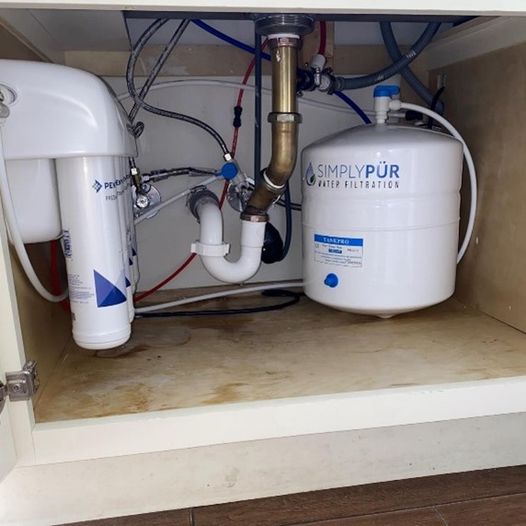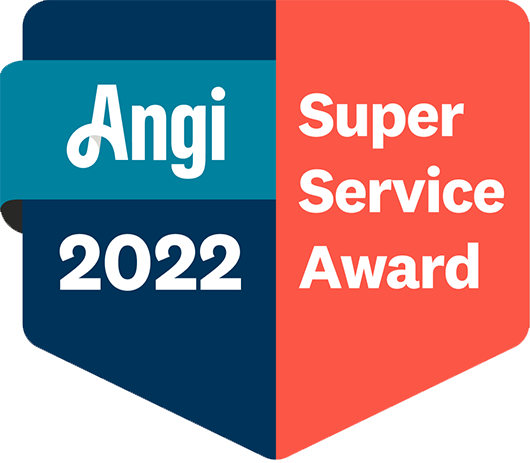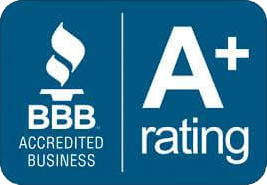Access to clean drinking water is a priority for Long Islanders, given concerns about local water quality, including nitrogen pollution, PFAS/PFOAs in the water supply, and saltwater intrusion. (Here are some other signs of water problems in your home to look out for, too.) The question is, what’s the right water filtration system for you if you have particular concerns or certain water quality?
5 Options for Water Filtration
Choosing the right water filtration system depends on your household needs and the specific contaminants in your area. Here’s an overview of the most effective water filtration systems and their applications for Long Island homes.
1. Activated Carbon Filters
These filters use charcoal to remove chlorine, volatile organic compounds (VOCs), and unpleasant odors and tastes from water. In Long Island, where chlorination byproducts are common due to municipal water treatment, an activated carbon filter is an excellent option for basic filtration.
Best for: Municipal water users concerned about taste, odor, and chlorine levels.
2. Reverse Osmosis (RO) Systems
RO systems use a semi-permeable membrane to remove a wide range of contaminants, including arsenic, lead, fluoride, and nitrates. These systems are particularly useful for all Long Island homes, including those with well water, which may contain higher levels of these contaminants due to agricultural runoff or natural deposits.
Best for: Homes with well water or concerns about heavy metals and nitrates presence in the water supply.
3. Whole House Filters
These systems treat all the water entering your home, removing sediment, chlorine, and other contaminants at the point of entry. Long Islanders dealing with hard water, sediment, or multiple contamination sources can benefit from this comprehensive solution.
Best for: Families wanting clean water for drinking, bathing, and cooking from every faucet.
4. Slim Line Big Blue Filters
Slim Line Big Blue Filters are a robust solution for addressing sediment, chlorine, and other contaminants throughout your home. These filters are designed to handle high water flow rates, making them ideal for Long Island homes with larger households or significant water usage. They work as a point-of-entry system, ensuring clean water from every tap.
Best for: Homes with high water demand or noticeable sediment and chlorine levels.
5. Water Softeners
Hard water is a common issue in parts of Long Island, causing scaling on appliances and plumbing. Water softeners replace hardness-causing minerals like calcium and magnesium with sodium or potassium, improving water quality for household use.
Best for: Reducing hard water problems like scale buildup.
Tips for Choosing a Filtration System on Long Island
- Test Your Water: To understand exactly what’s in your water, it’s important to have it tested regularly.
- Know Your Source: Long Islanders with private wells often need systems that are different from those on municipal water.
- Consider Local Concerns: PFAS/PFOAs in the water supply, Nitrogen pollution, and Saltwater intrusion are common issues in the area. Choose systems designed to address these issues.
Simply PURE Water Filtration, Inc. is here to help, offering both free and paid water quality analyses to give you the best information about different contaminants lurking in Long Island water.
And when it comes to actually removing those contaminants, we have cutting-edge reverse osmosis technology. These systems are designed to effectively filter out nasty contaminants, ensuring that your water not only meets but exceeds safety standards. With Simply PURE Water Filtration, Inc., you can trust that your family is drinking clean, safe water right from your tap.
By taking these simple steps, you’ll not only improve your drinking water, but you’ll also make it more convenient, without needing to buy expensive bottled water on an ongoing basis! Follow us for more news on Long Island Water Quality, and don’t forget to request a water quality analysis today.
About Simply PURE Water Filtration Services
Living in and serving the Long Island community, we strive to make sure everyone has access to clean, healthy water. We have the experience, knowledge, and industry-leading technology to provide clean water solutions for water impurities, contaminants, hard water, bad tasting/odors, well water, acidity & pH regulations.
Proud members of the WQA (Water Quality Association), and the EWQA (Eastern Water Quality Association), we adhere to strict guidelines and the WQA code of ethics. As a Pentair True Blue Partner and Authorized Distributor of Pentair Products, there’s nothing comparable to the performance, and efficiency of our whole house purification systems, water softeners, neutralizers, whole-house filters, and alkaline reverse osmosis systems for drinking in the convenience of your home.
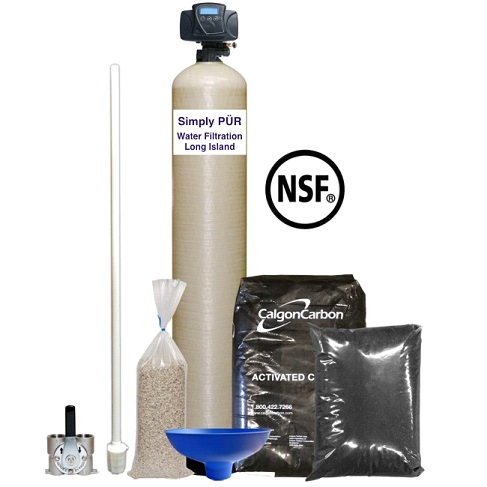
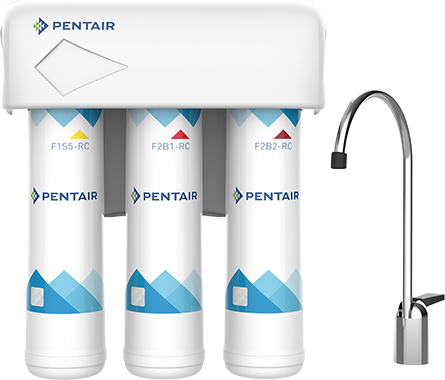
Our products are all NSF / ANSI certified, meeting the highest safety standards and quality performance. Providing our community with only the best experience of high quality water that’s Simply PURE from our family to yours!
Simply PURE utilizes accurate testing methods before and after system installation, as well as annual maintenance of all your water treatment equipment. Our Revolutionary Custom Built Water Treatment systems upon the completion of a Free In-Home Water Analysis, or an in-depth Comprehensive Water Analysis of your choice sent to our Certified Laboratory.

